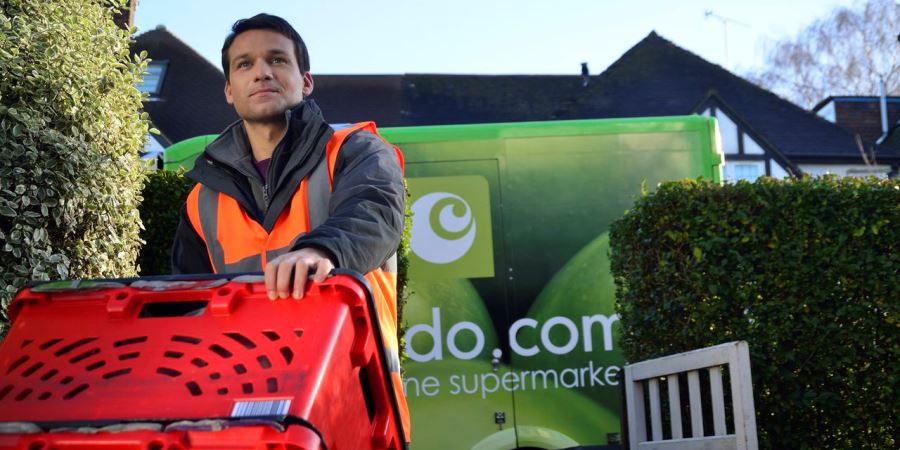Grocery shopping has changed for good as a result of the Covid-19 pandemic, according to Ocado, which reported a 35% increase in sales over the past year.
In its full year results for the 52 weeks ended 29th November 2020, the online grocer saw underlying profits rise by £43.3 million, with group revenue also up by a third to £2.3 billion. It also cut its losses down from the £214.5m recorded in 2018/19 to just £44 million.
Ocado attributed the success to a rise in demand throughout the Covid-19 pandemic, which in-turn led to a spike in online grocery shopping, as well as its merger with Marks & Spencer in September 2020. The retailer has also been one of the fastest growing supermarkets and multiples across the past 12 months, according to Kantar.
Tim Steiner, chief executive Officer of Ocado Group, said: “The rapid acceleration of many pre-existing trends in business and society has been a feature of the Covid-19 crisis and the dramatic channel shift in grocery is a clear example of this. The landscape for food retailing is changing, for good.
“As we look ahead to a post-vaccine world and a return to a new normality, Ocado Group is very well placed to enable our grocery partners worldwide to bring the best customer experience to market, responsibly, with high levels of hygiene and superior, sustainable, and proven economics.
“Going forward, customers who have experienced the benefits of online grocery shopping are likely to become ever more discerning. Winners in the online channel will need to offer the very highest standards of customer service and the ability to serve a full range of customer missions. These include the full family basket as well as the convenience shop, the option of direct to home or pick up at the store, the same day or next day.”
Analysis
Commenting on strong revenue growth for Ocado, Mark Lynch, partner at corporate finance firm, Oghma Partners, said: “Strong revenue growth and improved profits from UK retail helped demonstrate continued progress at Ocado as it transitions to a cash generative business which can grow without the help of further capital from shareholders. Undoubtedly Covid-19 has been a boon to the business. “The real challenge could come this year as the retail model is tested by a reopening of the economy and hospitality coupled with pressure on incomes as Government injected cash, via the furlough scheme, eases. For all e-retailers, 2021 will be a real test of the underlying consumer stickiness to these businesses.”









